A tax audit is a detailed review of the financial records of the taxpayer to certify that his/her books of accounts are maintained properly and declared income is correct. Considering this, according to section 44AB of the Income Tax Act, accounts of certain individuals are audited by a Chartered Accountant. This process is called a tax audit. The key purpose of doing so is to check the accuracy of the submitted financial data to the income tax department.
Additionally, to conduct and report a tax audit, certain forms like Form 3CA, Form 3CB, Form 3CD, and Form 3CE have been prescribed by the income tax department. Each form has its specific purpose and is filed according to the circumstances of the taxpayer. Form 3CA is for the taxpayers whose accounts are audited under other acts. Form 3CB for taxpayers whose accounts are audited under the Income Tax Act, 1961, Form 3CD is for non-residents and foreign entities, and Form 3CD is an annexure of the reports, furnished by the CA in Form 3CA and Form 3CB.
Want to know more about these forms? Then you are on the right page. In this blog in detail we will know about these forms, explaining their usage and structure. So, let's begin reading.
What Is a Tax Audit Under Section 44AB of the Income Tax Act?
Under section 44AB of the Income Tax Act, 1961, a tax audit is a cross-examination of the accounts of the taxpayer done by a Chartered Accountant who has a full-time certificate of practice. Along with the mentioned details, the audit report should be submitted by the CA in the prescribed form. The key purpose of a tax audit is to verify the financial accuracy of the taxpayer and prevent tax evasion or fraud. Additionally, under section 44AB, certain conditions are mentioned where it becomes mandatory for a taxpayer to file a tax audit.
This is what a tax audit under section 44AB of the Income Tax Act is. Moving further, let's know about a tax audit report.
What Is a Tax Audit Report?
A tax audit report is a summary of the findings that come from an audit conducted by the CA. It should be completed in the stated audit forms by the auditor. In the tax audit report, the auditor should represent their findings from the audit using the prescribed 'audit form' by the Income Tax Department. Under section 44AB, according to the situation of the taxpayer, the auditor can use any of the following forms, such as Form 3CA or 3CB, along with Form 3CD. The tax audit report is electronically filed by the CA on the income tax portal. Once the report is filed by the CA, the taxpayer, using their login credentials, logs in to the e-filing income tax portal and approves the submitted audit report of the CA.
Note: Here, the auditor is a CA or a person appointed by the taxpayer to conduct auditing.
This is all about a tax audit report and why it is filed by the CA. Now, let's know the applicable tax audit under section 44AB of the Income Tax Act.
Under Section 44AB When Tax Audit Is Applicable
Under section 44AB of the Income Tax Act, 1961, businesses and professionals subject to tax audit are as follows:
| Category | Conditions | Applicability of Tax Audit |
|---|---|---|
| Business | If the total income or turnover of the business is more than INR 1 crore. | Yes |
| The total income or turnover of the business is more than INR 10 crore if cash transactions are not more than the limit of 5% of the total payments and receipts. | No | |
| Profession | If the gross income from the profession is more than INR 50,00,000. | Yes |
| Professionals under section 44ADA | If an individual under the provisions of section 44AD and 44ADA opts out of the presumptive taxation scheme and shows their income to be lower than the presumptive income. | No |
| Businesses under section 44AD | ||
| Businesses under section 44AE |
These are the businesses and professionals who are eligible for tax audit under section 44AB of the Income Tax Act. Moving ahead, let's know the types and structure of the tax audit forms.
Types and Structure of Tax Audit Forms
There are four types of tax audit forms, i.e., Form 3CA, Form 3CB, Form 3CD, and Form 3CE. Among them, the two key major audit forms used by individuals are Form 3CA and 3CB, it is for Indian residents. Additionally, Form 3CE is for non-resident Indians and foreign companies. Furthermore, with all these forms, taxpayers need to file Form 3CD as well in all audit cases. Want to know more about these forms in detail? Read the next section and get your answers.
Form 3CA
Form 3CA applies to individuals engaged in a profession or business who already need to get their books of accounts audited under any other tax law, rather than the Income Tax Act, 1961. For instance, the account of the Company is audited under the Companies Act 2013. Here, the CA appointed by the company will fill out the Form 3CA. It includes the report of the auditor and key information of the conducted audit. The structure of the Form 3CA is as follows:
- Part 1
- Name, PAN number, and address of the taxpayer
- Name of the auditor
- Name of the law under which the accounts of the taxpayer are audited
- Date of furnishing the audit report
- Period of profit and loss account
- Date of the balance sheet
- Part 2
- Declaration of the Form 3CD attachment along with the audit report
- Part 3
- Audit qualifications/ observations found in the details of Form 3CD
- Part 4
- Place and date of signing the audit report
- Name, address, and membership number of the auditor
- Seal/ stamp of the auditor
Form 3CB
Form 3CB applies to those taxpayers engaged in a profession or business who do not need to audit their accounts under any other law other than the Income Tax Act. The form consists of the report of the auditor and the details of the conducted audit. A partnership firm or a proprietorship entity whose annual turnover is less than or up to INR 1 crore and who do not choose the presumptive income scheme is liable to audit its accounts under the income tax law. So, they need to fill out Form 3CB. Moving further, let's know the structure of Form 3CB.
- Part 1
- Date of the balance sheet
- Period of profit and loss account
- Name, address, and PAN number of the taxpayer
- Part 2
- Address, where the books of accounts are kept
- Branch address
- Part 3 (a)
- Audit qualifications/ observations/ comments/ discrepancies
- Part 3 (b)
- Declaration of the auditor regarding
- Obtaining all the details and explanations vital for the audit
- Assurance that the company or organization (including branches) maintains proper accounts
- The balance sheet and profit and loss account give a fair and true view
- Part 4
- Declaration of the Form 3CD attachment along with the audit report
- Part 5
- Audit discrepancies/ observations found in the information associated with Form 3CD
- Part 6
- Place and date of signing the audit report
- Name, address, and membership number of the auditor
- Seal/ stamp of the auditor
Form 3CD
Form 3CD is a detailed statement containing 44 different clauses that provide information related to business and transactions, such as profits, revenue, expenses, and turnover, as filed by the auditor. This form should be filed with both forms, i.e., 3CA and 3CB. The clauses of Form 3CD have two sections:
- Part A: Consists of the general factual information about the assessee.
- Part B: This section of the form has particulars of several compliances that come under the Income Tax Act.
Form 3CE
Foreign companies and non-residents that receive fees or royalties from the Indian entity or the Indian government for their technical services need to fill out this form. Along with an annexure consisting of the mentioned details, the auditor should provide the audit report in this form. Moving ahead, let's know the structure of the Form 3CE.
- Part 1
- Name, PAN number, and address of the employer
- Financial year
- Part 2
- Declaration of getting all details and explanations for the audit.
- Part 3
- Certification of the Permanent Establishment in India or a fixed professional place in the country.
- Part 4
- Under section 44DA of the Income Tax Act, an income declaration from royalty or fees provided by the Indian government or entity for technical services.
- Part 5
- With a stamp or seal, the name and signature of the auditor.
Along with Form 3CE, the information on the income received from fees or royalties should also be stated in an annexure.
This was all about the form types and their structure. Moving ahead, let's know the due date of filing these forms.
Due Date of Obtaining the Audit Report
The due date for submitting the audit report by the taxpayer is 30 September of the relevant year. Considering this, for Fiscal Year 2024-2025, the audit report has to be submitted by 30 September 2025. However, if the taxpayer under Form 3CE needs to provide the audit report of a specified or international transaction, then the date is 31 October of the associated assessment year.
The due date remains the same every year, unless it gets an extension from the Income Tax Department of India. After knowing about the due date, let's know the penalty for not filing the report on time.
Penalty for Not Filing the Audit Report
If the taxpayer does not get his/her account audited on time or file the audit report, under section 271B, the assessing officer is liable to impose a penalty. The penalty can be 0.5% of the total turnover, sales, or gross income of the taxpayer, which can go up to INR 1,50,000. However, the taxpayer did not need to pay any penalty if he/she gave reasonable causes for not filing the audit report, such as:
- Delay caused by the physical inability or death of the person accountable for auditing.
- Natural calamities
- Delay happened because of the resignation of the auditor.
- Due to fire or theft, delays caused by loss of accounts, or situations that are not under the control of the taxpayer.
- Delay caused by labour issues such as lock-outs or strikes.
Final Thoughts
Understanding the requirements of the tax audit and using the correct forms 3CA, 3CB, 3CD, and 3CE, under section 44AB of the Income Tax Act, is vital for compliance. Additionally, with recent changes stated by the CBDT, it is now more essential for professionals and taxpayers to stay updated and obtain the audit reports on time with accurate information. Here, the above blog was all about the different types of tax audit forms filed by different taxpayers as per their circumstances. With this, if you need more information about these forms or are facing issues in filing your ITR, connect with Savetaxs. We have a team of professionals who can help you with this and provide you a proper guidance.
Note: This guide is for informational purposes only. The views expressed in this guide are personal and do not constitute the views of Savetaxs. Savetaxs or the author will not be responsible for any direct or indirect loss incurred by the reader for taking any decision based on the information or the contents. It is advisable to consult with either a Chartered Accountant (CA) or a professional Company Secretary (CS) from the Savetaxs team, as they are familiar with the current regulations and help you make accurate decisions and maintain accuracy throughout the whole process.

Mr Varun is a tax expert with over 13 years of experience in US taxation, accounting, bookkeeping, and payroll. Mr Gupta has not prepared and reviewed over 5000 individual and corporate tax returns for CPA firms and businesses.
- Double Tax Avoidance Agreement (DTAA) Between India and UK
- Sections 90, 90A & 91 of the Income Tax Act for NRIs
- TDS Deduction on Rental Property Owned by NRI
- How to Claim TDS Refund for an NRI?
- Everything You Need to Know About Form 15CA and 15CB of Income Tax
- Section 195 of Income Tax Act - TDS Applicability for NRI
- A Comprehensive Guide on the DTAA between India and the USA?
- What is a Tax Residency Certificate (TRC) and How to Get It?
- What is Double Taxation Avoidance Agreement (DTAA)? How NRIs can Claim Benefits Under DTAA
- What is the Double Tax Avoidance Agreement (DTAA) Between India and Singapore?
Want to read more? Explore Blogs
Frequently Asked Questions
No matter what your source of income is, we've got you covered. There’s a plan for everybody!
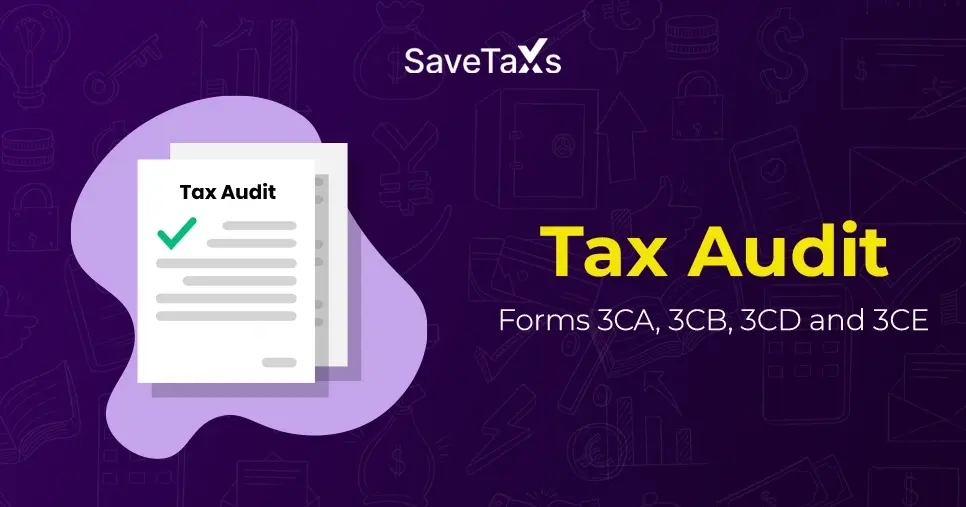
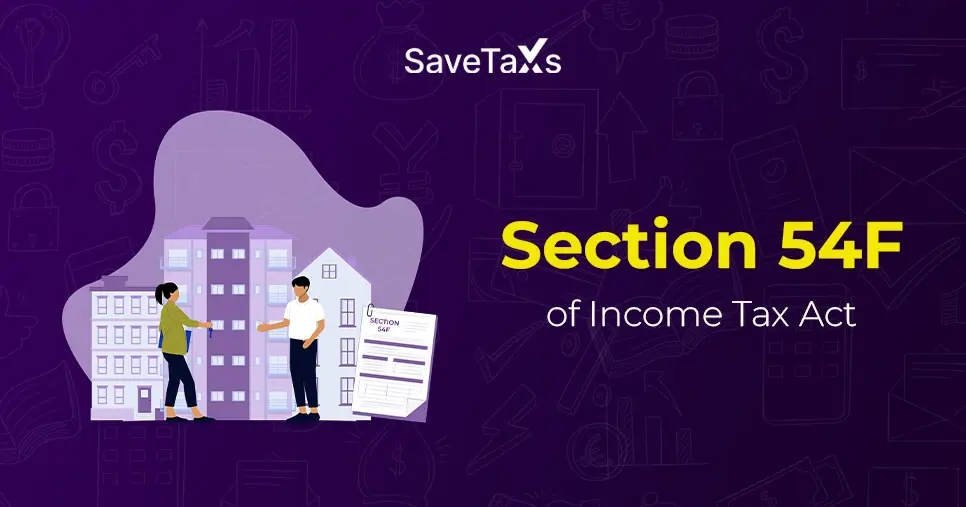
_1767099354.png)

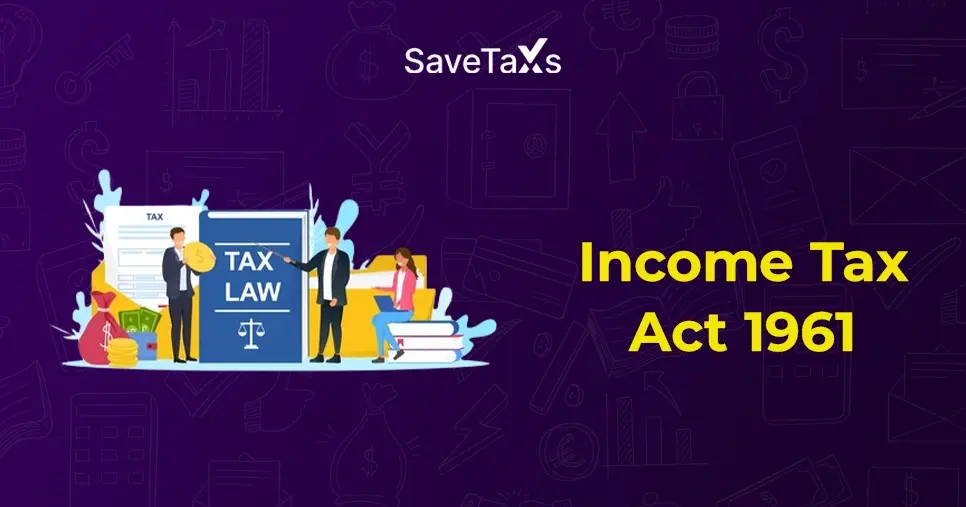
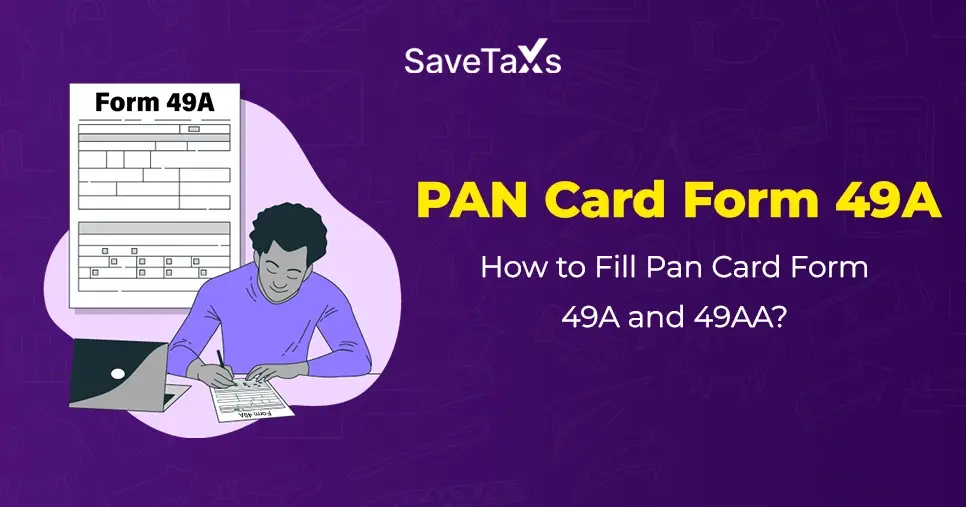
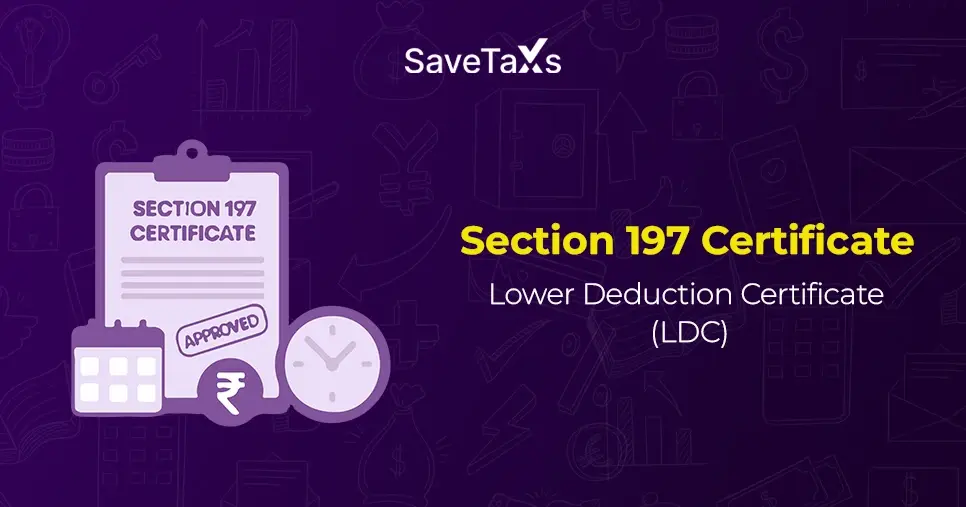


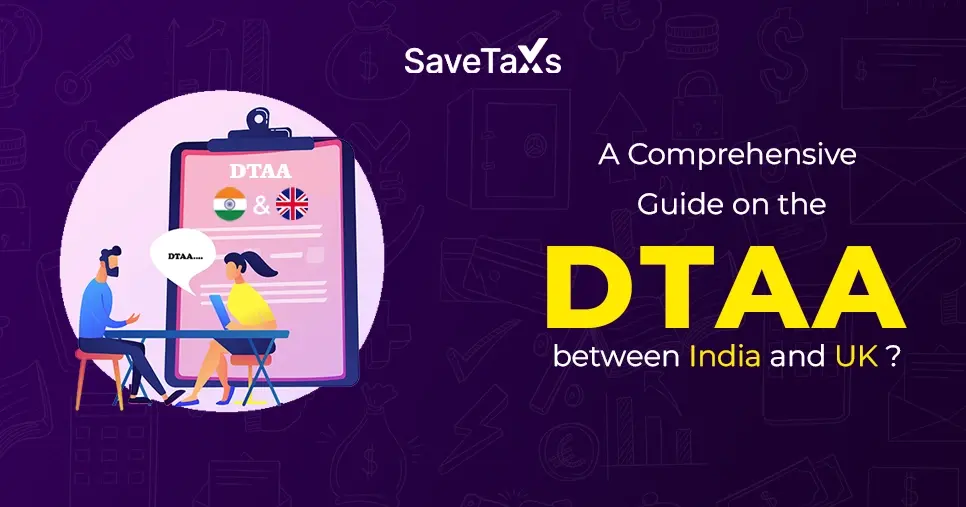
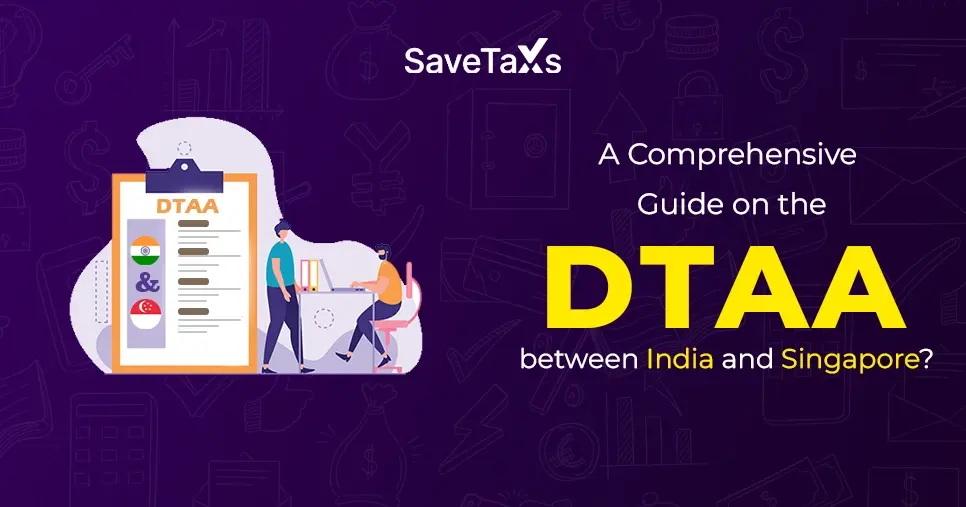
(i)-Of-The-Income-Tax-Act_1756812791.webp)
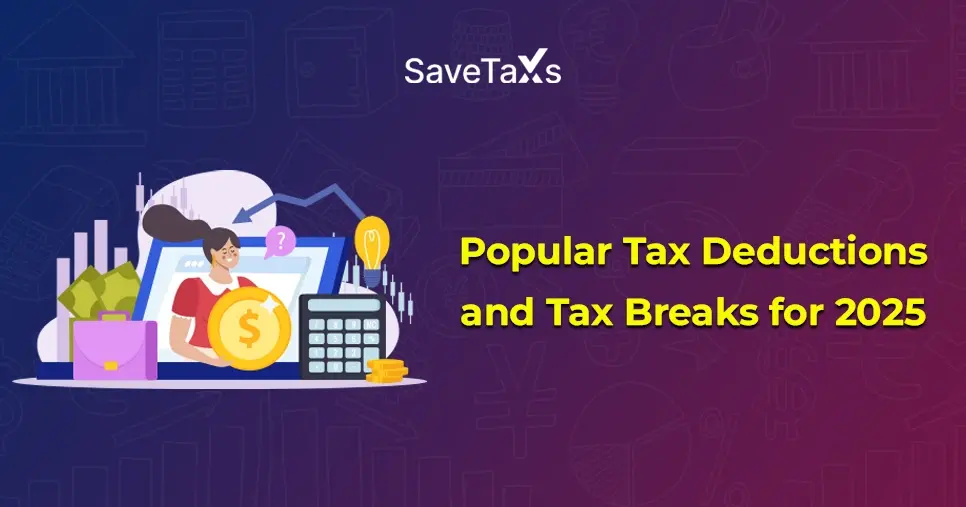
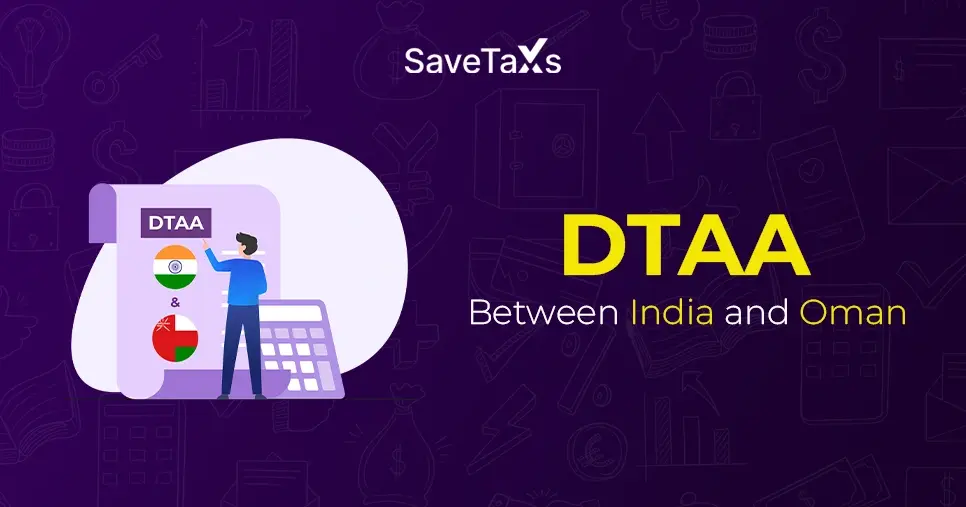
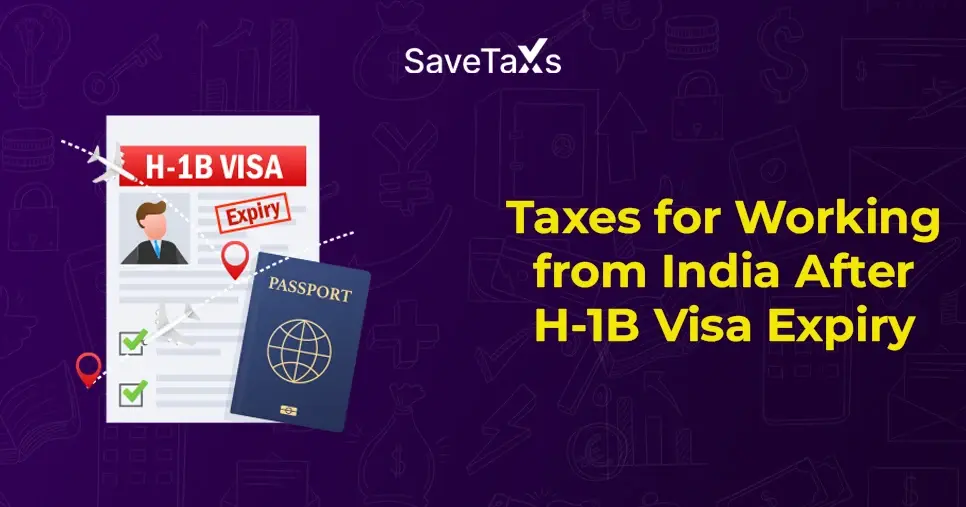
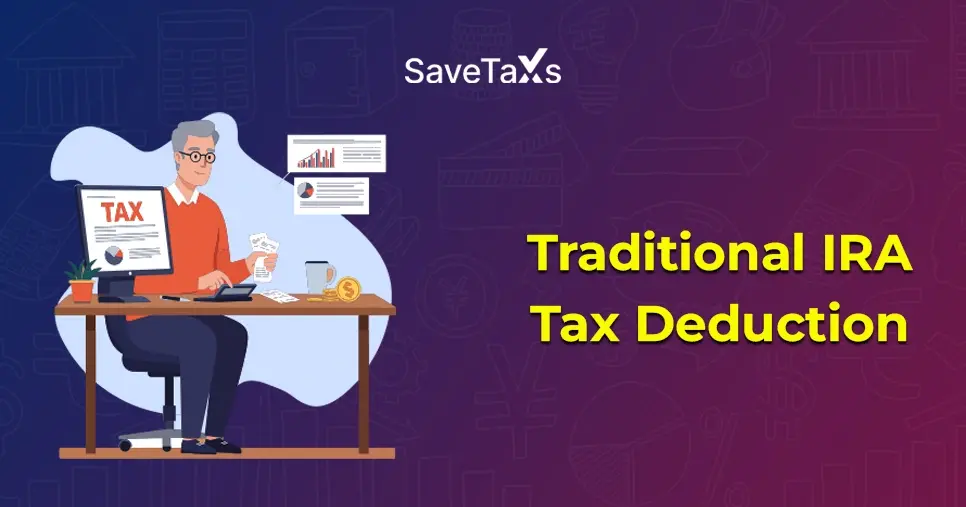
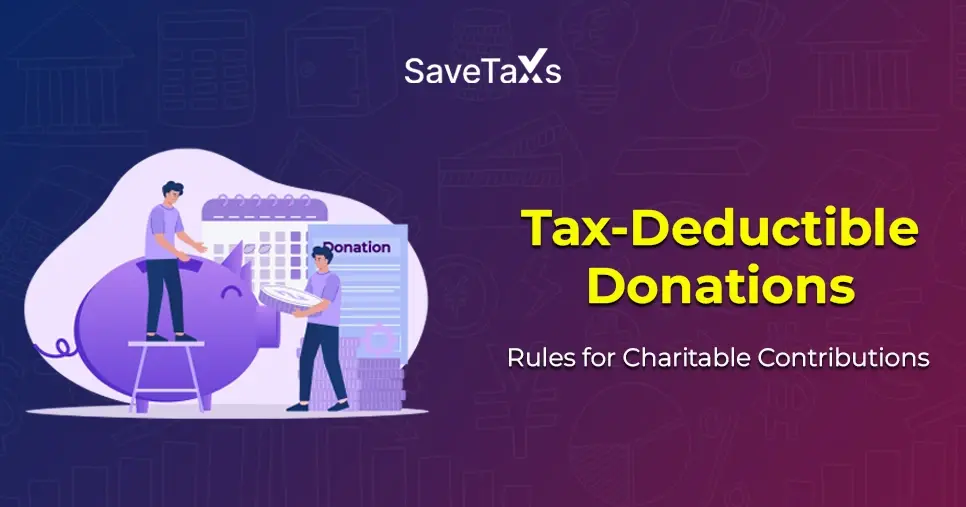
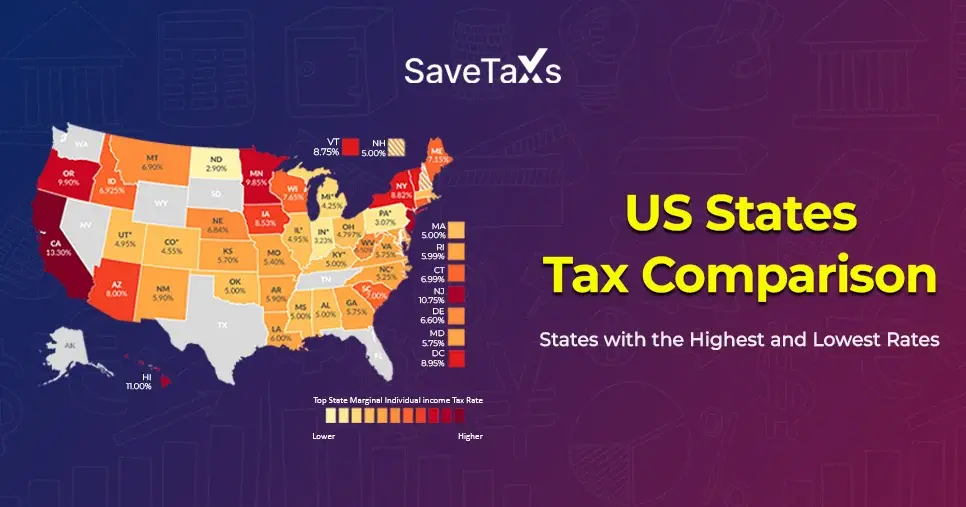


_1767333184.png)